A pathway for avoiding potential liquidation
For small and medium business owners, Voluntary Administration can be a highly stressful time. The fear of losing control, the potential loss of jobs, as well as the threat of liquidation can create a tense environment – stressors which are compounded by the pressure to make quick decisions that determine the company’s future.
One of the common misconceptions about Voluntary Administration, however, is that it is the end of the road. As discussed in Part 2 of this series, this misconception compels many business owners to delay the decision to reach out for help from an insolvency practitioner or restructuring specialist. In many instances, Voluntary Administration is a chance to hit pause, assess the company’s situation and explore potential pathways to recovery.
For businesses facing financial distress, it is important to understand that Voluntary Administration can provide a critical opportunity to restructure and revive a business before reaching the point of no return.
Proactive intervention is a critical first-step
The most mission-critical action a business owner can take is to not wait until it’s too late.
No matter how daunting your situation might appear, solutions are available but proactive intervention, like reaching out for help from professional debt advisors, is crucial. Taking late action could mean the difference between business cessation instead of business continuation.
As small and medium business owners navigate some of the toughest conditions in more than a decade, the choices you make now could set you on the path to resilience and growth.
How AVA Advisory can help
Our team of experienced corporate restructuring and debt advisory professionals can assist directors and owners by:
- Conducting a comprehensive review of the company’s financial situation
- Identifying potential risks and opportunities for improvement
- Developing tailored strategies and correctly-structured solutions to address cash flow issues and optimise operations
- Providing advice on restructuring options, including Voluntary Administration and deeds of company arrangement (DOCAs)
- Liaising with creditors and other stakeholders on behalf of the company – including the ATO.
We work intimately with business owners from anywhere between two weeks to twelve months or more, preparing a business and its financials to achieve ideal outcomes prior to, during, and following the Voluntary Administration process. Our focus is on delivering a smooth operation for all parties, reducing business debt, as well as providing creditors with clarity around amounts that may be recoverable.
Taking a compassionate and solution-oriented approach, our goal is to help business owners make informed decisions that help boost their chances of achieving a successful outcome.
A case study in Voluntary Administration
To illustrate the potential benefits of Voluntary Administration, consider the example of a small manufacturing company that encountered financial difficulties due to a combination of factors, including increased competition, rising raw material costs and a slowdown in customer orders.
Upon entering Voluntary Administration, the company worked with AVA Advisory to develop a comprehensive restructuring plan. This plan involved:
- • Negotiating with creditors to reach a compromise on outstanding debts
- • Streamlining operations to reduce costs and improve efficiencies
- • Securing new financing to support the company’s ongoing operations.
Through the Voluntary Administration process, the company was able to successfully restructure its debts and operations. As a result, the company returned to profitability and continues to trade today.
5 key takeaways for small and medium business owners
- Voluntary Administration is a process designed to help struggling companies restructure and potentially avoid liquidation.
- Business owners should be aware of the common misconceptions surrounding Voluntary Administration and understand that it can provide a second chance for their business.
- The Voluntary Administration process involves the appointment of an external administrator, investigations into the company’s financial situation, as well as meetings with creditors to determine the company’s future.
- A Deed of Company Arrangement (DOCA) is a binding agreement between a company and its creditors that sets out how the company’s affairs will be managed moving forward.
- AVA Advisory can provide expert guidance and support, helping directors and business owners make informed decisions aimed at safeguarding their interests, as well as the business’ financial and operational wellbeing.
By working with our experienced team at AVA Advisory, we can help you navigate the complexities of Voluntary Administration and develop a plan to secure your company’s ongoing viability.
Our focus in on helping small and medium business owners achieve a successful outcome through formal restructuring strategies, such as a Voluntary Administration, DOCA, or Creditors Voluntary Liquidation (CVL).
We also provide expert advice and guidance on Small Business Restructuring (SBR) and ATO Debt Solutions, if a company is eligible. To find out which debt management strategies are available to you, reach out to our business solutions team today.
Contact us on 1300 181 220 or book a cost-free, obligation-free consultation through our website to discover how our expert guidance can make a real difference for you and your business.







